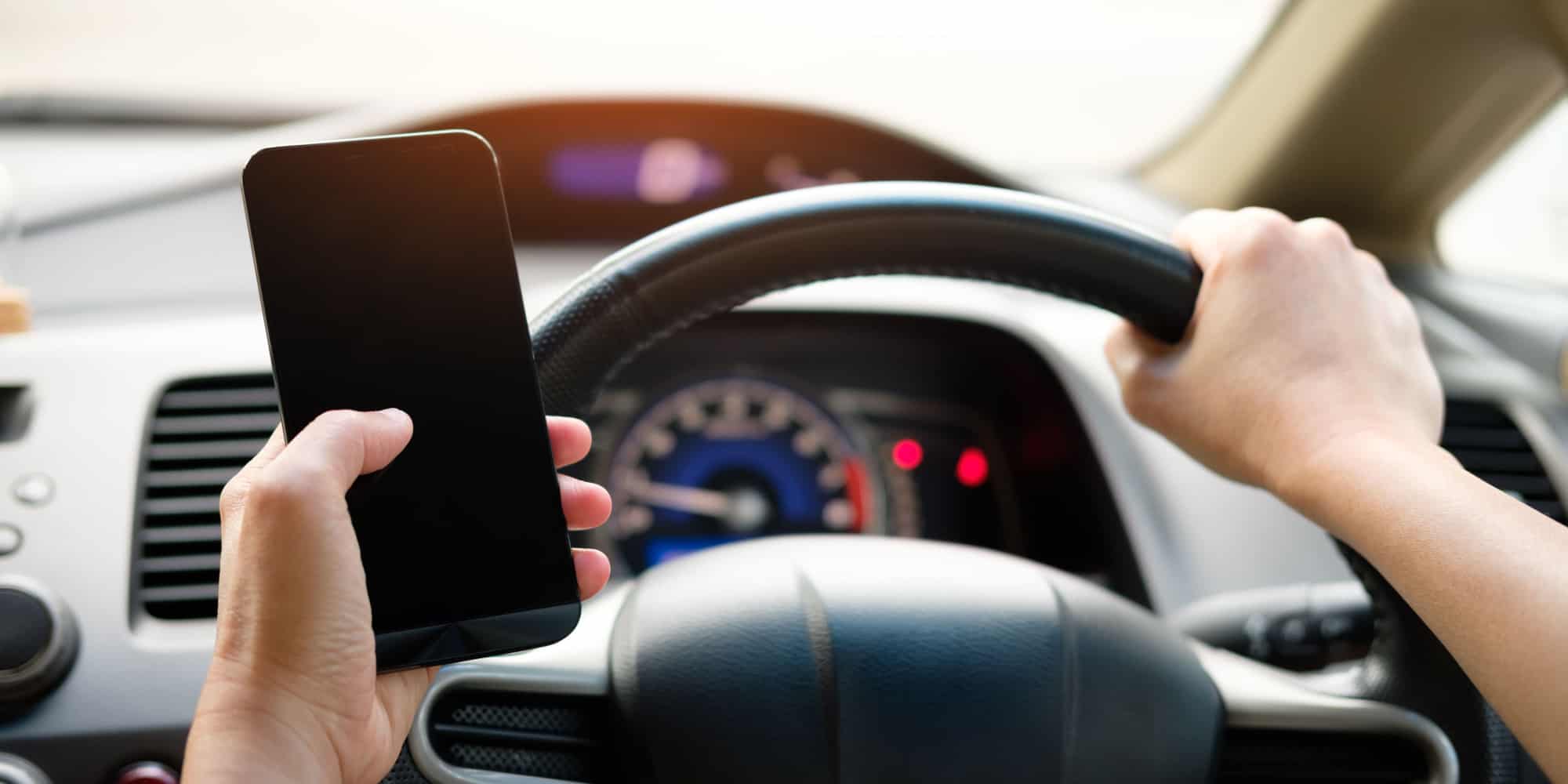Negligence fundamentally means the failure to exercise basic care. Negligence in the legal sense, extends from torts, to being on the road. It is understandable in this sense, that negligence whilst behind the wheel can have catastrophic effects on the road, and legislation reflects this. Negligent driving is an offence under section 117 of the Road Transport Act 2013 (NSW). Furthermore, the penalties for this offence are serious.
In this article, we’ll discuss what constitutes negligent driving and further, the penalties you can face if charged with this offence.
Examples of Negligent Driving
- Speeding excessively in current driving conditions
- Driving so close to the car in front that it affects your vision of the road
- Failing to slow down or stop if you become dazzled by bright lights
- Not indicating sufficiently when changing direction
- Failing to take care at intersections and/or reduce your speed
Penalties
Penalties for negligent driving depends on the severity of the case. It can be anywhere from disqualification and fines to prison sentences. Penalty units are a way to measure the severity of an offence and the price of the fine. The value of one penalty unit is in section 17of the Crimes (Sentencing Procedure) Act (NSW) and, currently, one penalty unit is equal to $110.
You can be charged with one of three charges. These include, negligent driving occasioning death, occasioning grievous bodily harm and the lesser charge of simply, negligent driving. These all carry the loss of demerit points on your driver’s licence, with the lowest-level offence costing 3 demerit points.
In the case of a first-time offence:
- If the driving occasions death it is punishable by a fine of 30 penalty units and/or 18 months imprisonment
- If the driving occasions grievous bodily harm it is punishable by a fine of 20 penalty units and/or 9 months imprisonment
Additionally, in the case of a second or subsequent offence:
- The penalty increases to 50 penalty units and/or 2 years if the driving occasions death; and
- The penalty increases to 30 penalty units and/or 12 months if the driving occasions grievous bodily harm.
Finally, for the lesser charge of negligent driving, it is punishable by a fine of 10 penalty units, or $1,100.
It’s important to note here that similar to other traffic offences, negligent driving is a strict liability offence. This means that it does not matter whether you intended to drive negligently or not, the fact that you did is enough to prove guilt.
If you’re charged with negligent driving
If you’re charged with this offence, a good first step would be to seek legal advice and consult a traffic lawyer. Your lawyer will advise you of what to expect, however, if the matter ends up in court, the court must have regard to all the circumstances of the case including:
- The nature, condition and use of the road on which the offence is alleged to have been committed,
- The amount of traffic that actually is at the time, or which might reasonably be expected to be, on the road; and finally
- Any obstructions or hazards on the road (including, for example, broken down or crashed vehicles, fallen loads and accident or emergency scenes).
Negligent driving is a serious charge that amongst many things, carries with it the maximum penalty of incarceration, as well as losing your licence. When it comes to being behind the wheel, it’s always better to be safe than sorry.





